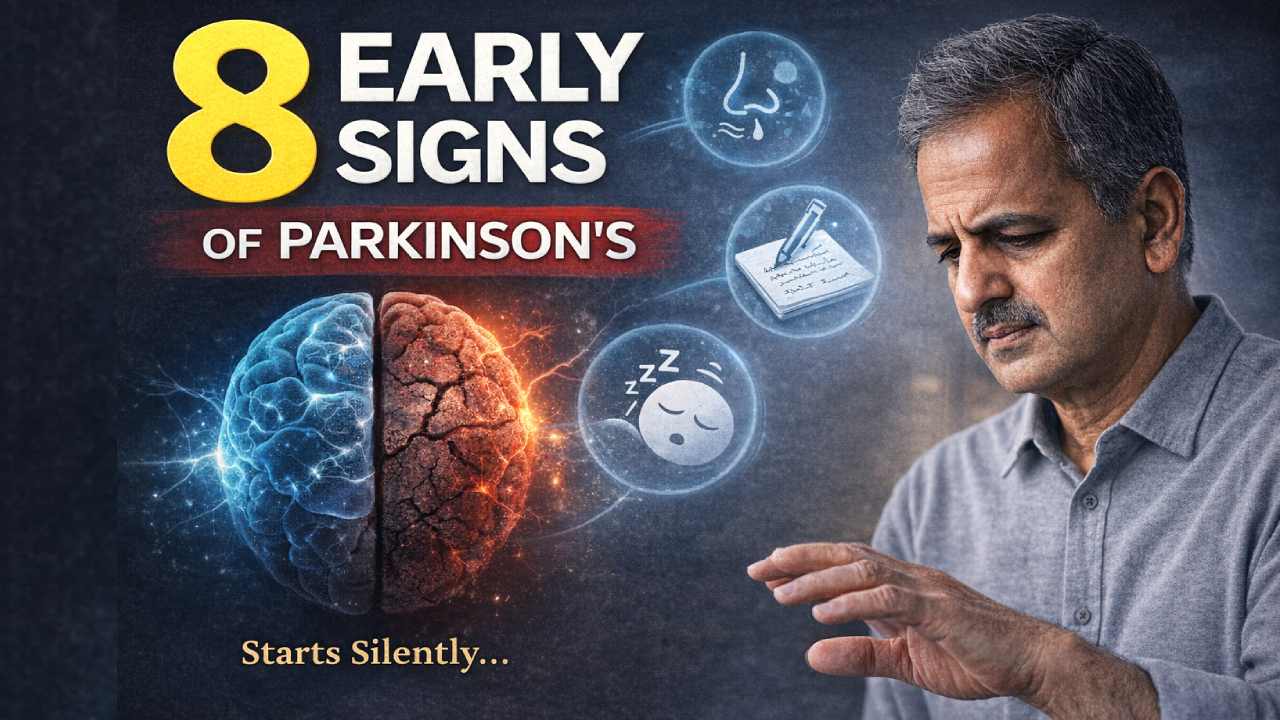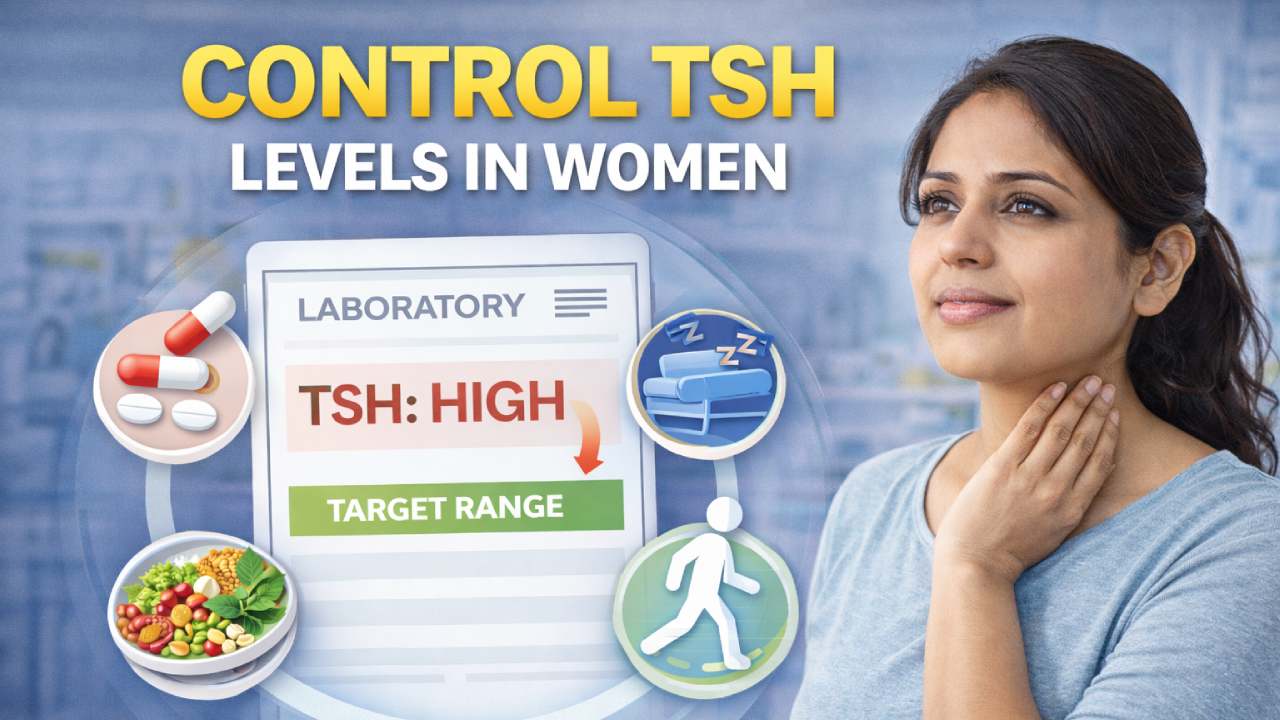Are Painkillers Harming Your Kidneys? What You Need to Know
Verified By Dr. Mohit Gupta | 02-May-2025
Painkillers are one of the most commonly used medications worldwide. Whether it's a headache, muscle ache, arthritis, or post-operative pain, most people reach for an over-the-counter (OTC) or prescription painkiller without a second thought. While these drugs are highly effective in providing relief, what many don't realize is their potential impact on kidney health.
As a Consultant Nephrologist at Kailash Hospital, Greater Noida, I frequently treat patients with kidney issues related to prolonged or inappropriate painkiller use. This blog aims to shed light on how common painkillers affect kidney function, early warning signs of damage, and how you can use these medications safely.
Table of Content
Before diving into how painkillers affect your kidneys, it’s essential to understand the vital role your kidneys play. The kidneys are two bean-shaped organs located on either side of your spine, responsible for:
- Filtering waste and toxins from the blood
- Regulating fluid and electrolyte balance
- Producing hormones that control blood pressure and red blood cell production
- Maintaining bone health
Because kidneys filter the blood, they are directly exposed to the by-products of most of the medications you consume, including painkillers. This makes them particularly vulnerable to drug-induced damage.
Painkillers, also known as analgesics, fall into several categories:
1. Non-Steroidal Anti-Inflammatory Drugs (NSAIDs)
Examples: Ibuprofen, Diclofenac, Naproxen, Aspirin
NSAIDs reduce inflammation and relieve pain by inhibiting enzymes (COX-1 and COX-2) that produce prostaglandins — chemicals responsible for pain, fever, and inflammation. However, these same prostaglandins also play a crucial role in maintaining kidney blood flow, especially during dehydration or illness.
2. Paracetamol (Acetaminophen)
Paracetamol is widely used for pain and fever. It works by blocking the brain’s perception of pain rather than reducing inflammation. It is generally safer for the kidneys than NSAIDs when used appropriately, but overdose or chronic use can still cause kidney stress.
3. Opioids
Examples: Morphine, Codeine, Tramadol
Opioids are prescription medications used for moderate to severe pain. They act on the brain’s opioid receptors to reduce the sensation of pain. While opioids don’t directly harm the kidneys, they can indirectly cause damage by lowering blood pressure, causing urinary retention, or leading to dehydration.
Also read: How to Lower Uric Acid Levels Naturally: Tips from a Specialist
1. Reduced Blood Flow to the Kidneys
NSAIDs interfere with the production of prostaglandins, which help dilate blood vessels in the kidneys. Reduced prostaglandin levels lead to narrowed blood vessels, resulting in decreased blood flow and filtration — a condition known as acute kidney injury (AKI).
2. Interstitial Nephritis
This refers to inflammation of the kidney’s filtering units (nephrons). It is often triggered by allergic reactions to medications, including painkillers. Symptoms may include fever, rash, blood in the urine, and decreased kidney function.
3. Chronic Kidney Disease (CKD)
Long-term use of painkillers, especially in high doses or combinations, can lead to gradual loss of kidney function. This damage accumulates over time and may go unnoticed until it becomes severe.
4. Electrolyte Imbalances
Painkillers can impair the kidneys' ability to maintain a proper balance of electrolytes like potassium, sodium, and calcium, which may cause fatigue, irregular heartbeat, or muscle weakness.
5. Dehydration-Related Damage
NSAIDs can reduce the kidneys’ ability to conserve water, increasing the risk of dehydration. Dehydration further reduces blood flow to the kidneys, worsening any existing damage.
While anyone can experience kidney damage from painkillers, certain groups are more vulnerable:
- Elderly individuals
- People with existing kidney disease
- Patients with diabetes or high blood pressure
- Those on diuretics or other medications that affect kidney function
- Individuals with heart failure or liver disease
- People who are dehydrated or fasting for extended periods
Kidney disease is often referred to as a “silent killer” because it may not show symptoms until significant damage has occurred. However, early warning signs may include:
- Fatigue or weakness
- Swelling in legs, ankles, or face
- Changes in urination (frequency, color, or foamy urine)
- Nausea or vomiting
- Loss of appetite
- Difficulty concentrating
- Shortness of breath
- High blood pressure
- Persistent itching
If you experience any of these symptoms and regularly use painkillers, consult a nephrologist immediately.
Early detection can help manage or even reverse kidney damage. Diagnosis typically includes:
- Blood Tests: To check creatinine and blood urea nitrogen (BUN) levels.
- Urine Tests: To detect protein or blood in urine.
- Imaging: Ultrasound or CT scan to assess kidney size and structure.
- Kidney Biopsy (if needed): To confirm the underlying cause of kidney dysfunction.
Also read: Learn How to Pass Kidney Stones and Prevent Future Ones
While painkillers are sometimes necessary, you can take steps to protect your kidneys:
1. Avoid Long-Term Use Without Medical Advice
Never take painkillers for more than a few days without consulting your doctor, especially if you have underlying health conditions.
2. Use the Lowest Effective Dose
Always use the smallest dose that provides relief, and never exceed the recommended dosage.
3. Stay Hydrated
Adequate hydration supports kidney function and reduces the risk of NSAID-induced damage.
4. Avoid Combining Painkillers
Taking multiple painkillers together (e.g., combining ibuprofen with aspirin) increases the risk of toxicity.
5. Choose Safer Alternatives
In mild to moderate cases, consider paracetamol instead of NSAIDs. For chronic pain, explore physical therapy, hot/cold compresses, yoga, or other non-drug treatments.
6. Monitor Kidney Function
If you have to take painkillers regularly, get your kidney function tested periodically — especially if you’re at higher risk.
Here are some non-drug options to consider after consulting your doctor
- Topical analgesics (e.g., gels and sprays)
- Physical therapy
- Acupuncture
- Massage therapy
- Transcutaneous Electrical Nerve Stimulation (TENS)
- Heat/cold therapy
- Stretching and gentle exercise
For those with chronic pain, a pain management specialist can develop a personalized, kidney-safe plan.
If you already have kidney disease, it is critical to:
- Avoid NSAIDs completely
- Discuss every medication with your nephrologist
- Report any new symptoms immediately
- Limit use of contrast dyes in imaging tests
- Maintain good blood pressure and sugar control
Kidney health is often overlooked when we think of the side effects of common medications. While painkillers offer much-needed relief, their careless use can silently harm your kidneys. Awareness and timely action are key to prevention.
Always consult a doctor before starting or continuing any pain medication, especially if you fall under a high-risk group. At Kailash Hospital, Greater Noida, we offer comprehensive kidney care, from diagnosis to treatment and long-term management. If you suspect any issues with your kidney health, don’t delay seeking professional help.
Also read: How to Reduce Too Much Acid in Stomach?
1. Can I take painkillers if I have kidney disease?
You should only take painkillers prescribed by your nephrologist. Avoid NSAIDs and consult your doctor for safer alternatives.
2. Is paracetamol safe for my kidneys?
Paracetamol is generally safer for the kidneys when taken in recommended doses. Avoid overdosing or long-term use without supervision.
3. What are the signs that painkillers are affecting my kidneys?
Look out for reduced urination, swelling, fatigue, nausea, or elevated blood pressure.
4. How often should I get my kidneys tested if I take painkillers regularly?
If you're a regular user, get your kidney function checked every 6–12 months, or as advised by your doctor.
Painkillers are a modern medical boon, but like any medicine, they come with risks — especially for your kidneys. By understanding these risks and taking precautions, you can continue to manage pain without compromising your kidney health. Stay informed, stay cautious, and prioritize regular check-ups to ensure your kidneys remain healthy for life.



 +91-9711918451
+91-9711918451
 international.marketing@kailashhealthcare.com
international.marketing@kailashhealthcare.com







